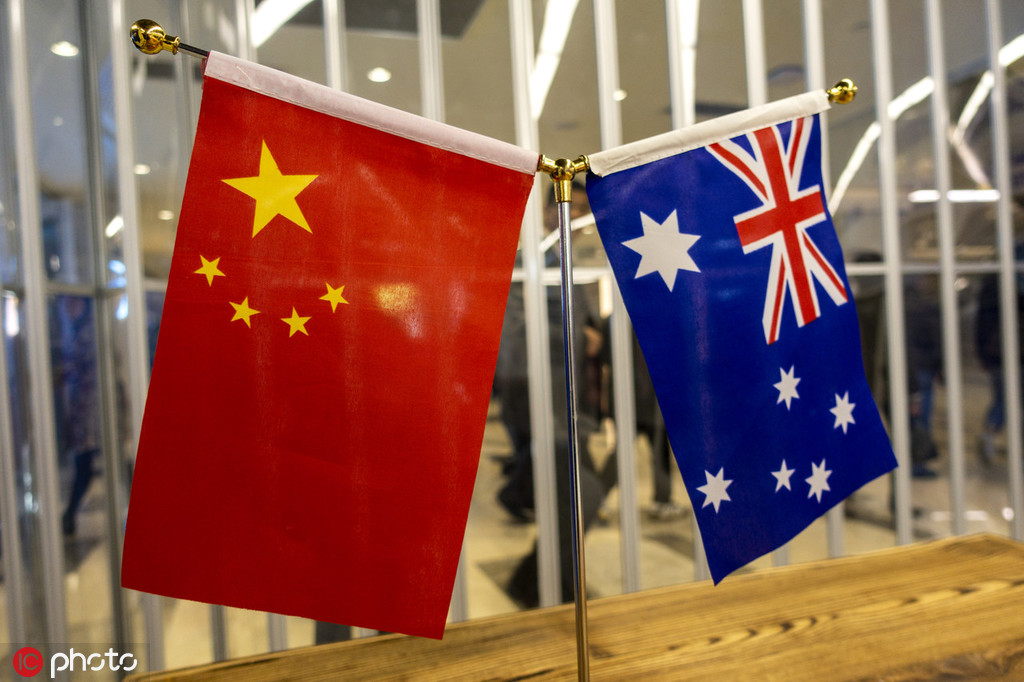Canberra should show more respect for healthy relations: China Daily editorial


The surprise victory of Australia's Liberal National coalition on Saturday gives Prime Minister Scott Morrison's Liberal Party a third term in government. But apart from delivering his campaign promises to the Australian people, of which he made few, Morrison may also need to recalibrate his country's relations with China. Especially as his new government has to work out how to afford tax cuts and pay for a budget based on what are considered fanciful growth forecasts.
The relationship between China and Australia in the past few years has been one of mixed flavors. Although the fundamentals of China-Australia interaction remain strong, frictions and skirmishes keep popping up from time to time, casting shadows over bilateral ties.
While the 2015 China-Australia Free Trade Agreement laid a solid foundation for bilateral economic ties to thrive, Canberra's obstinacy in raising false alarms about China's interference in its domestic affairs and its politicians' reckless remarks about the South China Sea and China's normal cooperation with Pacific island nations have more often than not poisoned the atmosphere for bilateral cooperation.
Hence, it came as no surprise when Morrison described the United States as a "friend" while referring to China as a "customer" just a few days before Australians went to polls. Although his remarks immediately drew a lot of criticism, they do reflect a superficial perception of China's role in Australia.
True, China has been a major buyer of Australian goods, ranging from minerals and iron ore to wine and dairy products. But even in the business world one would not treat one's most important customer with such bias and suspicion.
And today, even Australia's hardliners cannot deny China's contribution to Australia's economy, or the close interdependence of the two economies. One ready example of this is that the Australian dollar fluctuates each time China reveals major economic statistics.
The interaction between Beijing and Canberra has far more significance than economic and trade ties as the two countries have long vowed to construct a strategic partnership and promote closer cooperation in an all-round way. Obviously, the Australian government has everything to gain from taking an objective view of its relations with China.
To anchor bilateral ties on a more stable and healthy terrain, Canberra needs to refresh its perspective on China, and treat it with respect and as an equal partner.
It also needs a more constant policy toward China, so as to create more certainty, not uncertainties, in its cooperation with China.


































